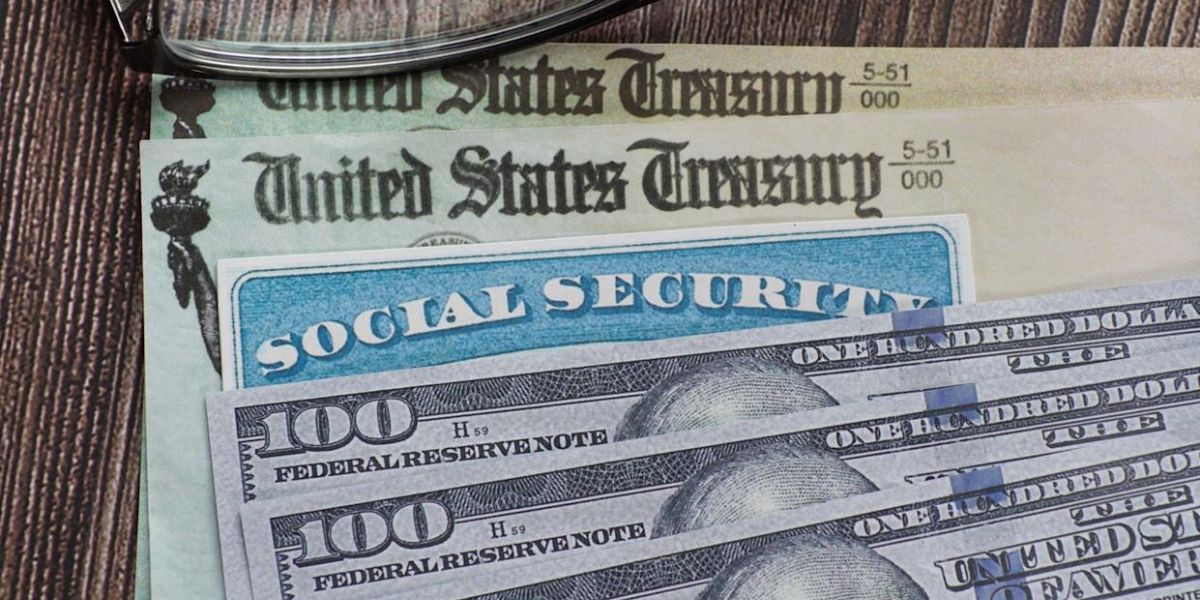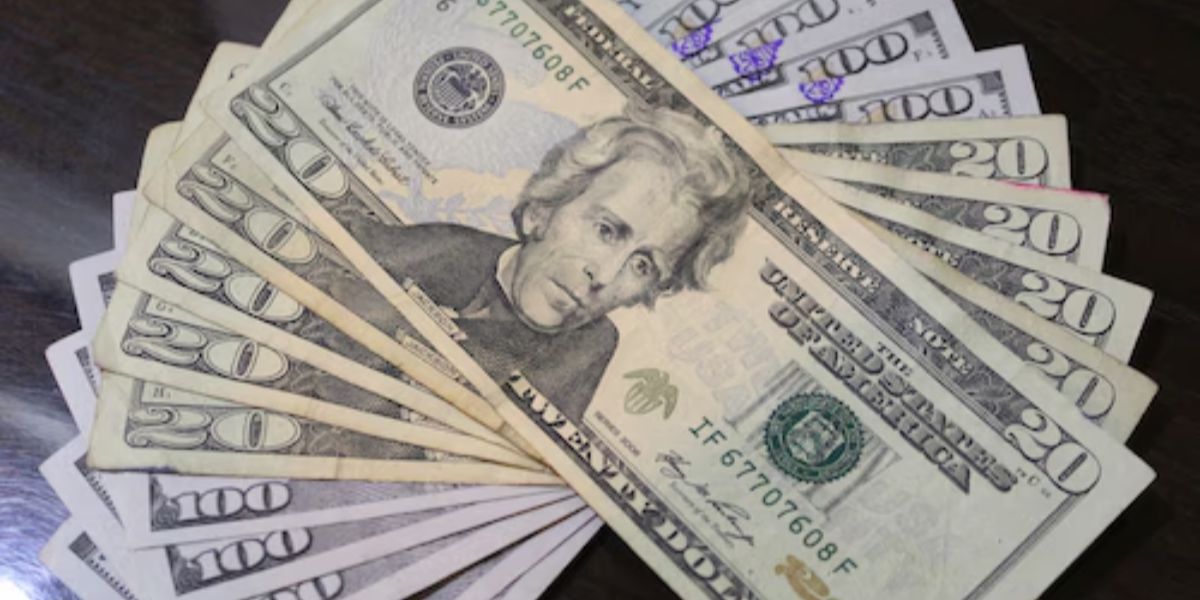As New Yorkers prepare for 2025, one major concern for homeowners is the expected increase in property taxes. Over the years, rising property values and increased local government spending have led to higher tax rates.
With the upcoming changes in 2025, these property tax hikes are set to significantly affect homeowners across the state, especially in high-demand urban areas. Here’s a closer look at the factors behind these increases and how they will impact homeownership in New York.
Why Are Property Taxes Rising in New York?
Property taxes in New York are largely based on the assessed value of a property, with local municipalities determining the rate. While the state has laws that set certain limits, a combination of factors has led to a steady increase in property taxes over the years. Here’s why taxes are climbing in 2025:
- Increasing Property Values: New York’s housing market has been booming in recent years, particularly in cities like New York City, Long Island, and Westchester County. As home values rise, so do the property tax bills. For homeowners in these areas, tax increases could be substantial.
- Higher Demand for Local Services: Many municipalities in New York are facing budget deficits and are using property taxes as a primary revenue source to fund essential services like education, public safety, and infrastructure improvements. As a result, homeowners are being asked to shoulder more of the financial burden to cover these costs.
- Inflation and Cost of Living: With inflation and the rising cost of living, municipalities are under pressure to raise taxes to keep up with the increasing costs of government services and to maintain local infrastructure.
- State and Local Fiscal Needs: The state and local governments have faced fiscal challenges in recent years, which has led to the decision to increase property taxes. These increases are necessary to fund various programs and initiatives, especially with the ongoing recovery efforts from the pandemic.
What Can Homeowners Expect in 2025?
While property tax increases can vary depending on location and home value, experts predict that homeowners in New York will face tax hikes ranging from 2% to 5% in 2025. In some high-value areas, these increases could be even greater, with property tax bills for homeowners in cities like New York City potentially jumping by thousands of dollars. The overall financial impact will vary widely based on the home’s assessed value and the local municipality’s specific tax policies.
For homeowners in areas where property values have surged, the increases could be especially heavy. As home values continue to rise, homeowners could see their taxes increase proportionally, making it difficult for some to keep up with their financial obligations.
How Will These Increases Affect Homeownership?
The rising property taxes are likely to have significant consequences for homeowners across the state:
- Strain on Homeowners’ Budgets: Many homeowners are already grappling with the high cost of living in New York, and higher property taxes will only add to the financial pressure. For those living on fixed incomes or with limited financial flexibility, this could mean difficult choices between paying for property taxes or other essentials like healthcare and utilities.
- Challenges for First-Time Buyers: With property tax rates on the rise, first-time homebuyers may find it even harder to afford a home. Along with higher home prices, higher property taxes make monthly payments more expensive, reducing buying power and pushing some out of the market entirely.
- Increased Costs of Homeownership: For those who already own homes, the rising taxes will add to the overall cost of homeownership, making it harder to build equity or save for the future. The added burden could prompt some homeowners to consider downsizing, selling, or relocating to areas with lower taxes.
- Impact on Property Values: The rising tax burden could also impact property values. In areas where taxes are increasing sharply, potential buyers may be less willing to invest in properties due to the higher long-term costs of owning a home. This could lead to slower sales or stagnant property values in certain parts of New York.
What Can Homeowners Do?
While New Yorkers cannot control property tax increases, there are steps homeowners can take to manage their tax burden:
- Appeal Your Property Assessment: If you feel that your property is overvalued, you have the right to appeal the assessment. Homeowners can challenge their property’s assessed value by providing evidence that their property’s market value is lower than the assessor’s estimate. This process can potentially lower your tax bill.
- Apply for Property Tax Exemptions: New York offers several property tax exemptions, such as the School Tax Relief (STAR) program, which provides tax breaks for eligible homeowners. Seniors, veterans, and people with disabilities may qualify for additional exemptions, potentially reducing their overall tax liability.
- Seek Assistance from Local Officials: In some areas, local governments may offer payment plans or deferments for those struggling to meet their property tax obligations. Homeowners should reach out to their local assessor’s office to inquire about available assistance.
- Stay Informed About Future Legislation: Property tax laws can change, and local or state-level reforms may affect tax rates in the future. By staying informed about local elections, policies, and new tax laws, homeowners can make better decisions about how to manage their property taxes.
The property tax increases expected in New York for 2025 will have a significant impact on homeowners across the state. As property values rise and municipalities struggle to fund essential services, homeowners will need to prepare for higher tax bills.
While these increases pose challenges, understanding the reasons behind them and exploring available options can help homeowners navigate the financial strain. Whether by appealing assessments, seeking exemptions, or reaching out for assistance, there are ways to manage the changes and minimize the burden of rising property taxes.


 by
by 



